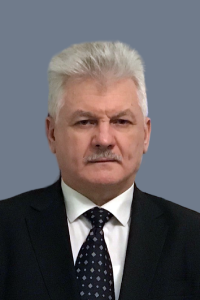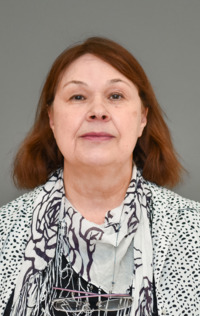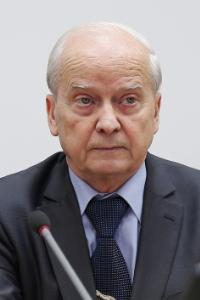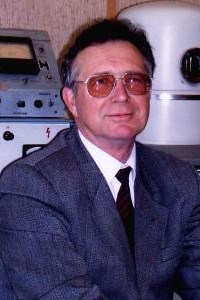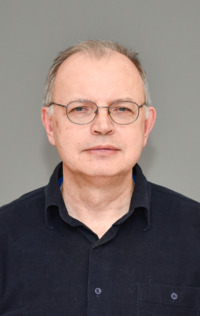Materials and Technologies in Magnetoelectronics and Magnonics
This track trains you to become a specialist in micro‑ and nanoelectronics materials production. The focus is on technologies for obtaining micro‑ and nanoscale films and hetero‑composites. You’ll work with unique scientific equipment under the guidance of prominent scientists — authors of inventions, patents, and know‑how. Our department is ranked among the top six departments university-wide and holds the first position in publication citations. After graduation, you’ll qualify for careers at top electronics industry enterprises and sectoral or academic research institutes.
Duration of the program: 6 years. Full-time education in Russian.
